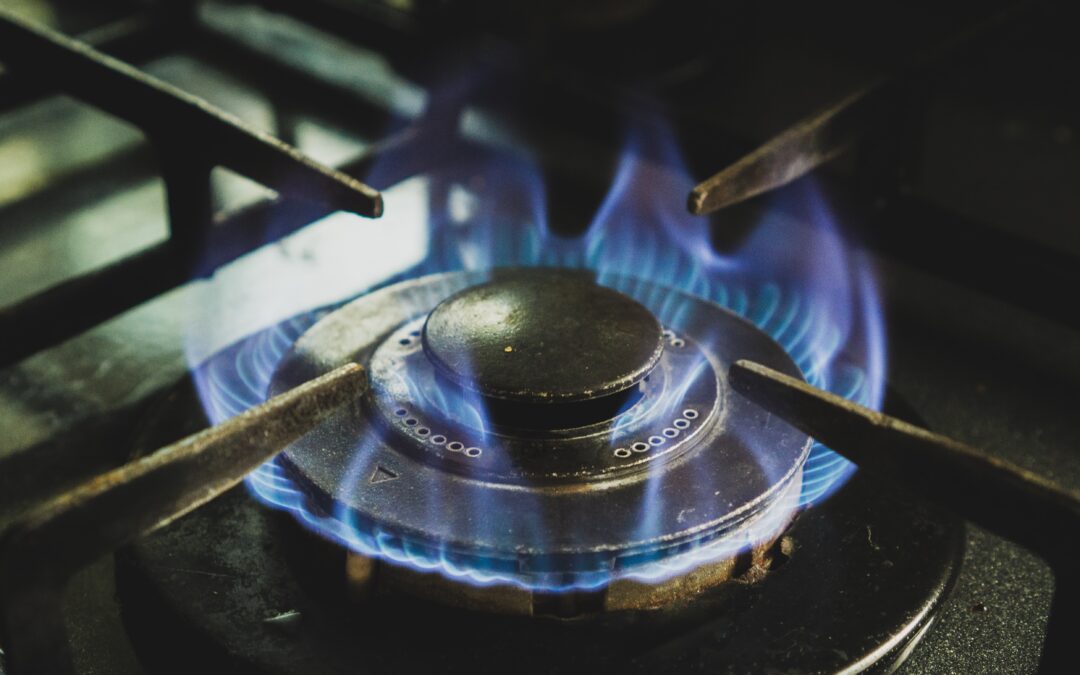President Andrzej Duda has signed into law a freeze on gas prices for households as well as certain other entities, including hospitals, churches, schools and nurseries. However, unlike a previously introduced cap on electricity prices, the new measures do not apply to small and medium-sized enterprises.
“The law aims to further minimise price increases for the most vulnerable customers, as well as to increase the country’s energy security,” the president’s chancellery wrote in a statement.
Prezydent @AndrzejDuda podpisał ustawę z dnia 15 grudnia 2022 r. o szczególnej ochronie niektórych odbiorców paliw gazowych w 2023 r. w związku z sytuacją na rynku gazu.
1/3 pic.twitter.com/RP8HTbv2Ow— Kancelaria Prezydenta (@prezydentpl) December 20, 2022
In 2023, gas sellers will be obliged to apply a maximum price of 200.17 zloty per MWh, the same as the maximum for 2022. Without the new law, the maximum price would have risen to 649,9 zł/MWh. Distribution charge rates will also be frozen at 2022 levels.
The law also introduces a VAT refund on gas for households that use it as their main source of heating and whose average monthly income does not exceed 2,100 zloty (€449) for one-person households and 1,500 zloty (€321) per person for multi-person households.
The climate ministry estimates that around 300,000 people will be able to benefit from the VAT refund. The new law as a whole – including the price freeze – will cost the government an estimated 30 billion zloty (€6.4 billion) in 2023.
All political groups in parliament voted in favour of the law earlier this month apart from the far-right Confederation (Konfederacja), whose MPs abstained.
During parliamentary work, the opposition sought to extend the law to also cover micro, small and medium-sized enterprises. The ruling Law and Justice (PiS) party, however, rejected that change. According to deputy finance minister Artur Soboń, extending the gas price cap to companies “would be going too far”.
KZRSS Społem, a co-operative that represents 120 bakeries – businesses which are particularly sensitive to rises in gas prices – has warned that rejection of the amendment could see bread prices triple in the space of a few weeks.
"Bochenek chleba, którego średnia cena wynosi dziś 4,20 zł, już za kilka tygodni będzie kosztować 12-15 zł" — ostrzega Krajowy Związek Rewizyjny Spółdzielni Spożywców "Społem". Wszystko przez skok cen gazu dla przedsiębiorców. Posłowie nie uwzględnili… https://t.co/JxpZuGkUPp
— Business Insider Polska 🇵🇱 (@BIPolska) December 16, 2022
“Not only does the fate of thousands of Polish bakers depend on your decision, but above all whether, from 1 January 2023, the poorest and most vulnerable Poles will be able to afford bread,” said KZRSS Społem, quoted by Dziennik Wschodni.
Poland, like other European countries, has faced soaring energy prices this year, triggered in particular by the fallout from Russia’s invasion of Ukraine. Last month, energy prices were 36.8% higher than a year earlier.
The government has introduced a number of measures aimed at easing the burden of rising prices, including offering allowances for coal and other fuels, delaying the phasing out of coal for electricity generation, freezing electricity prices, and encouraging reductions in energy usage.
Main photo credit: KWON JUNHO / Unsplash

Alicja Ptak is deputy editor-in-chief of Notes from Poland and a multimedia journalist. She has written for Clean Energy Wire and The Times, and she hosts her own podcast, The Warsaw Wire, on Poland’s economy and energy sector. She previously worked for Reuters.




















